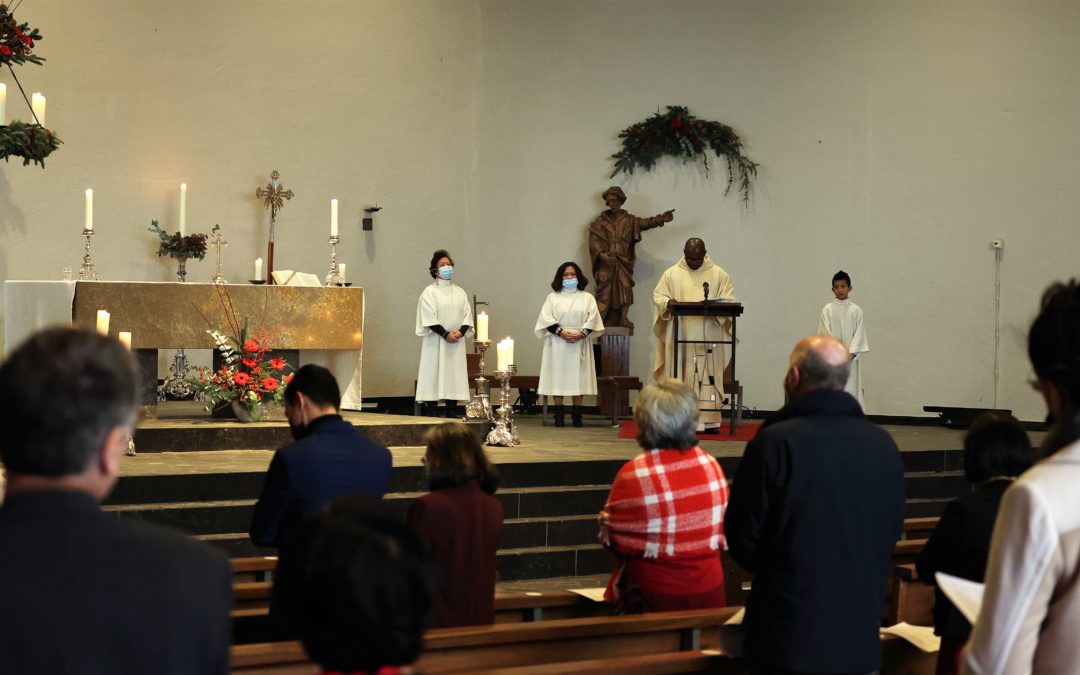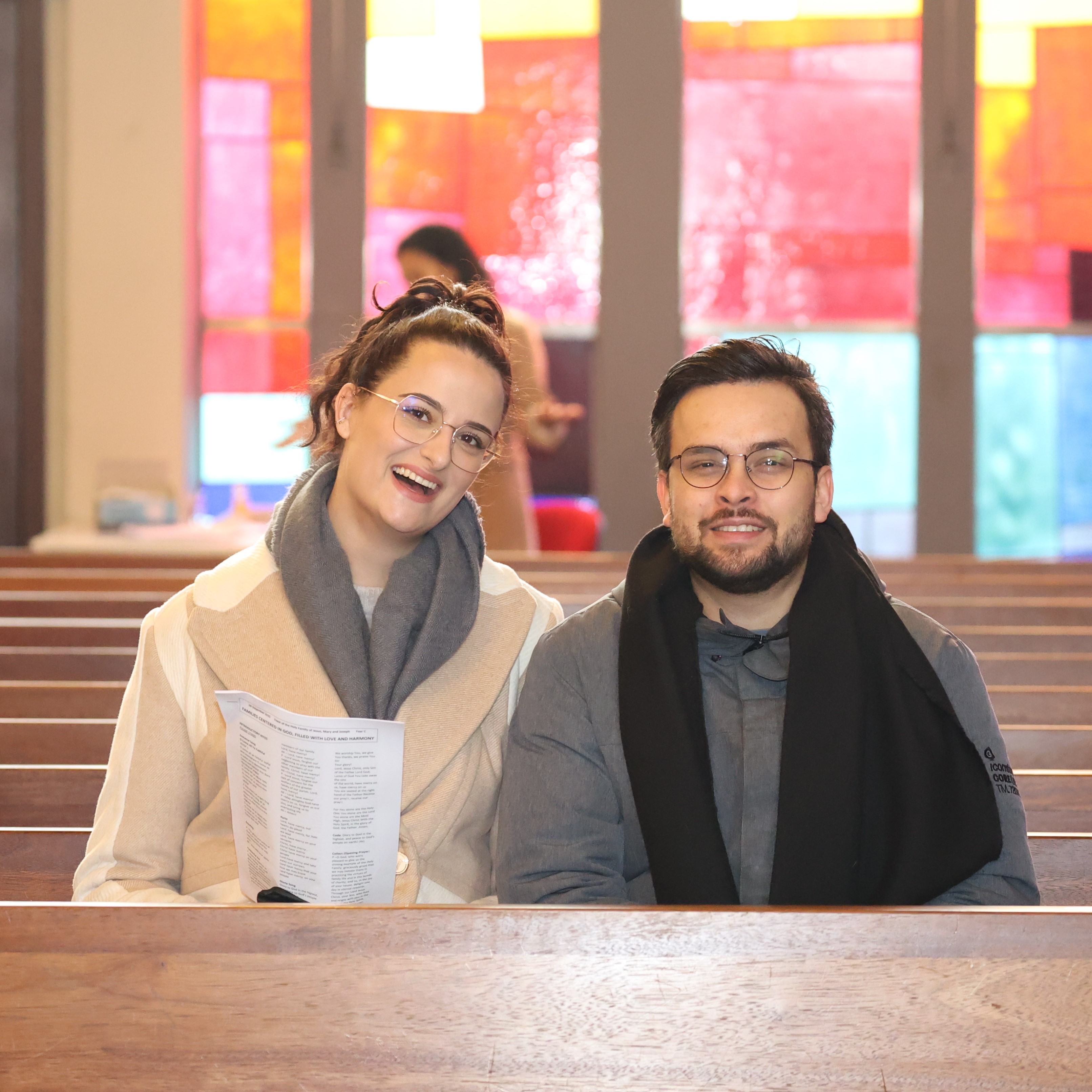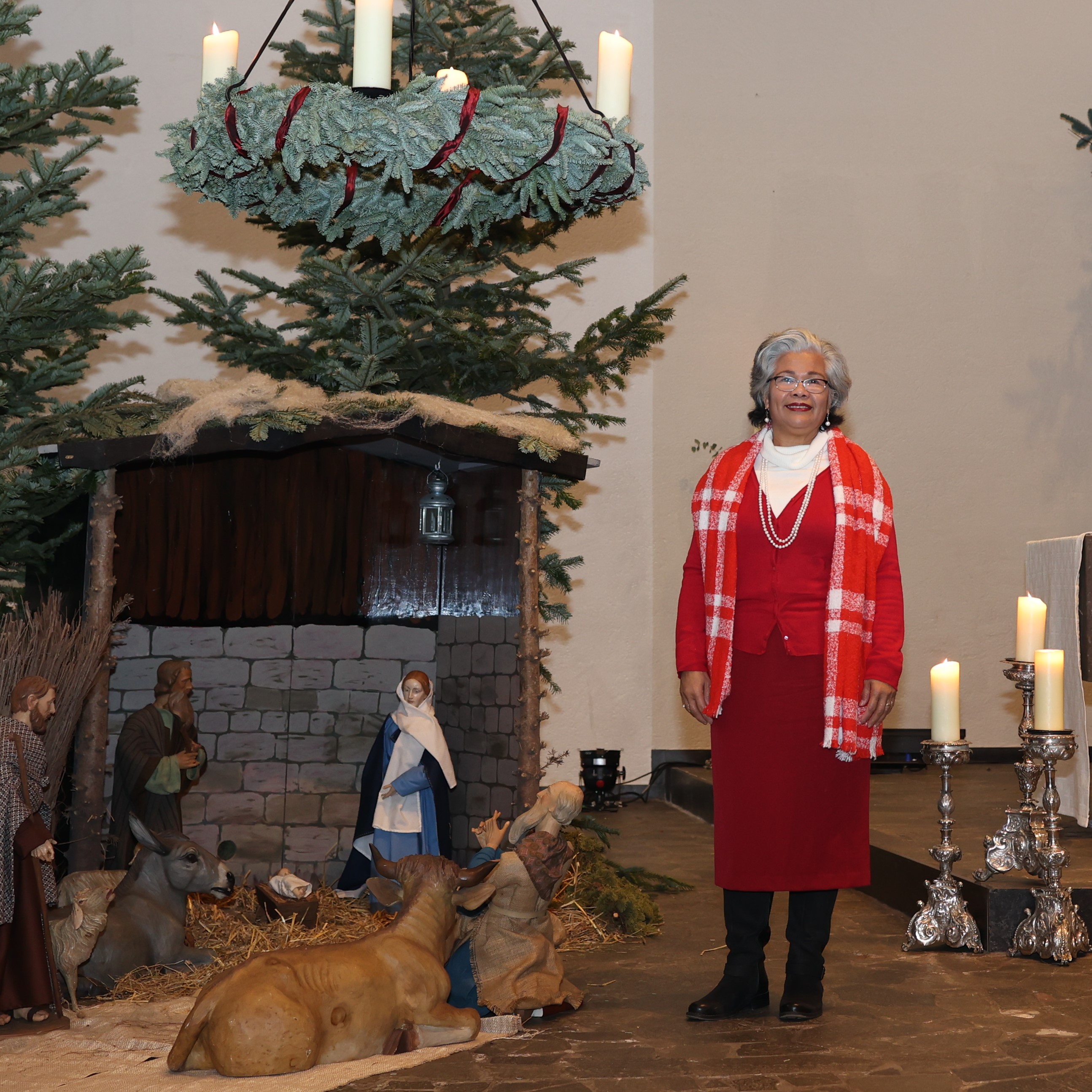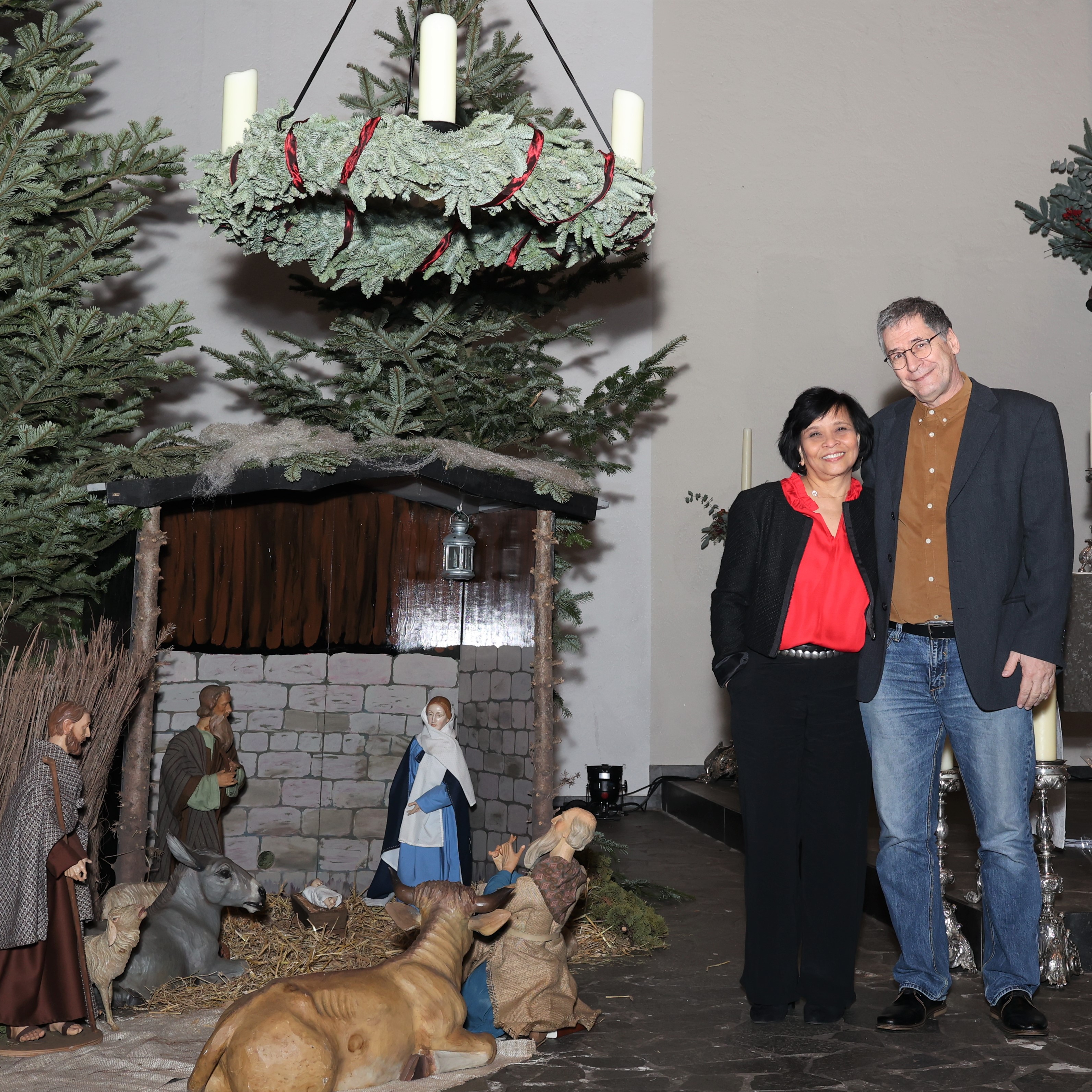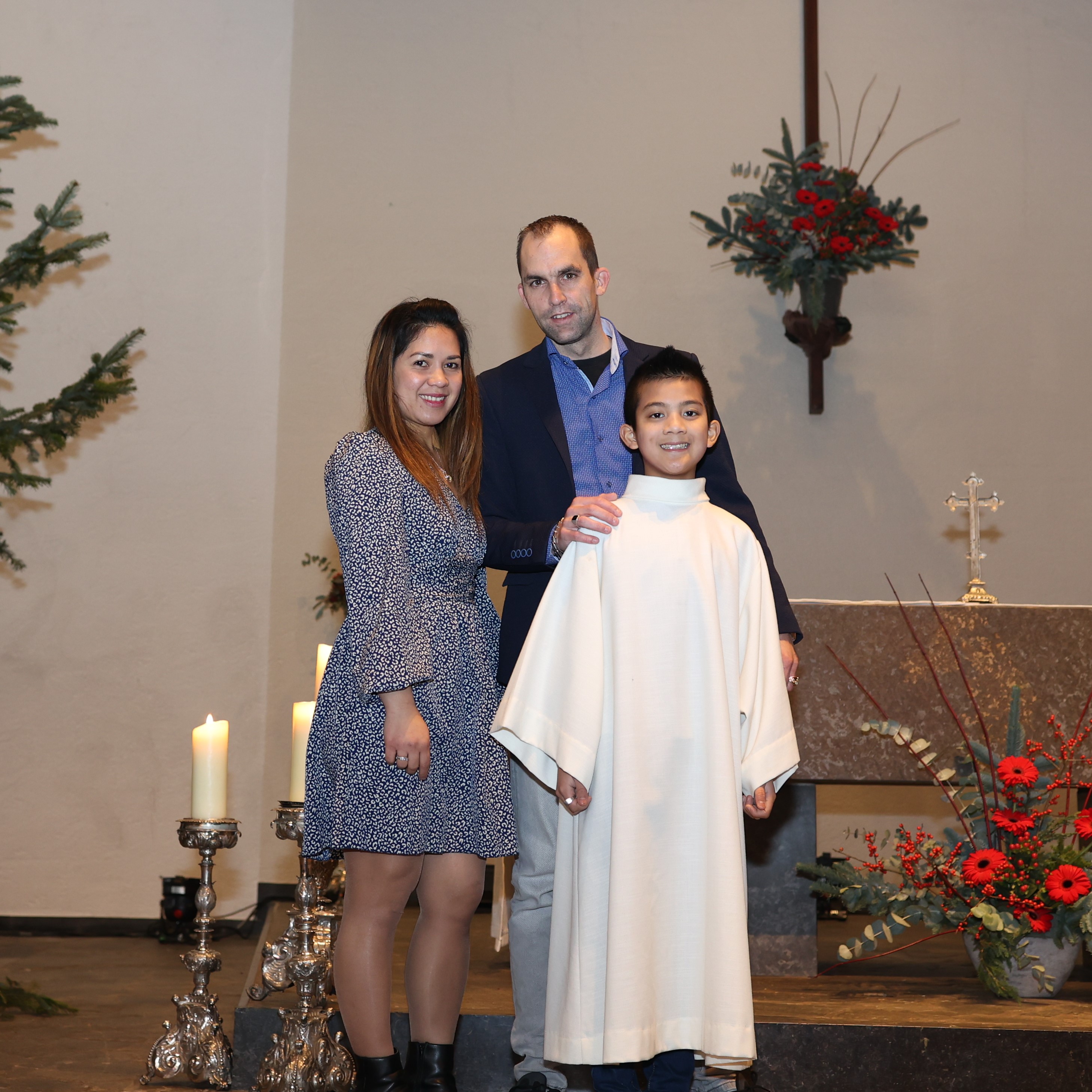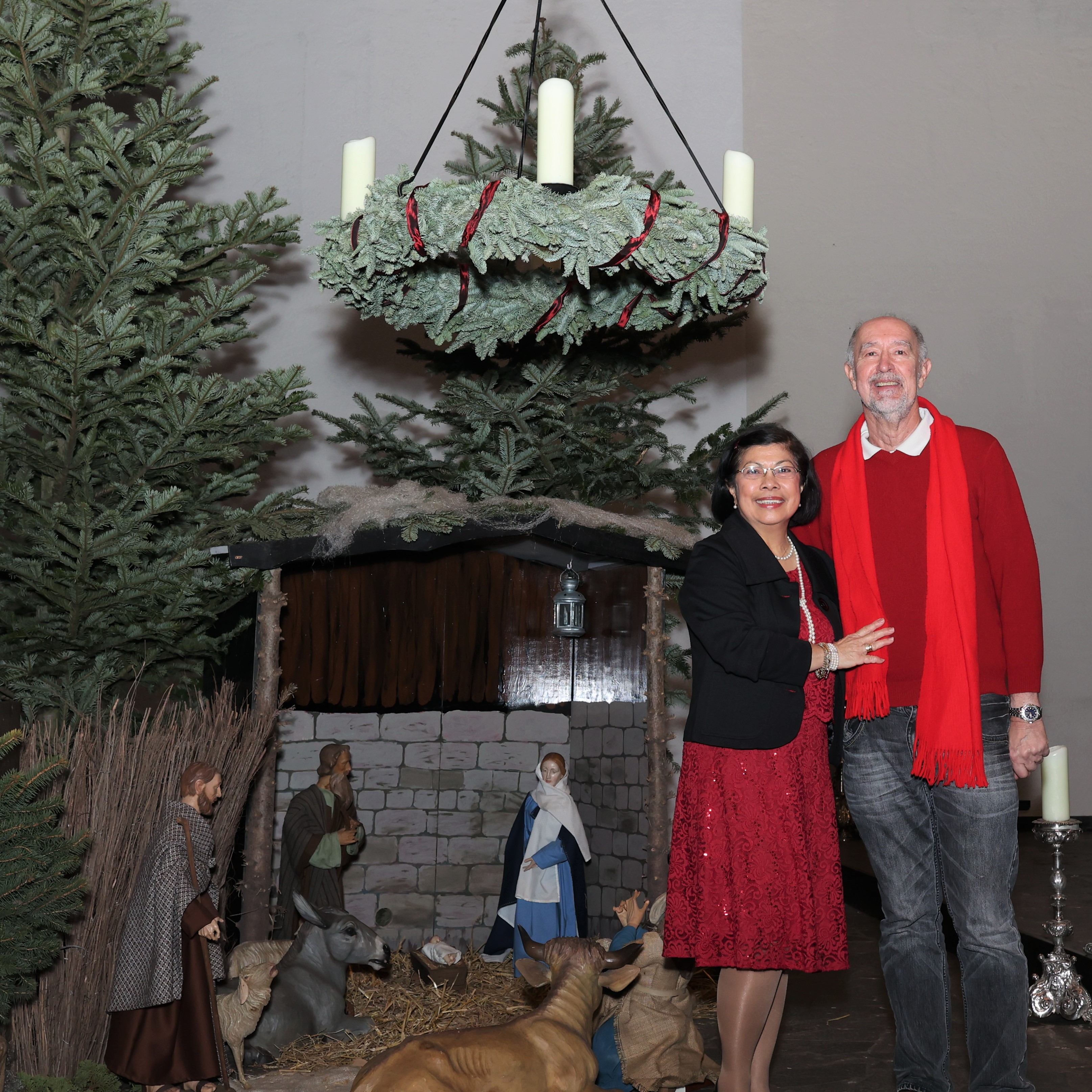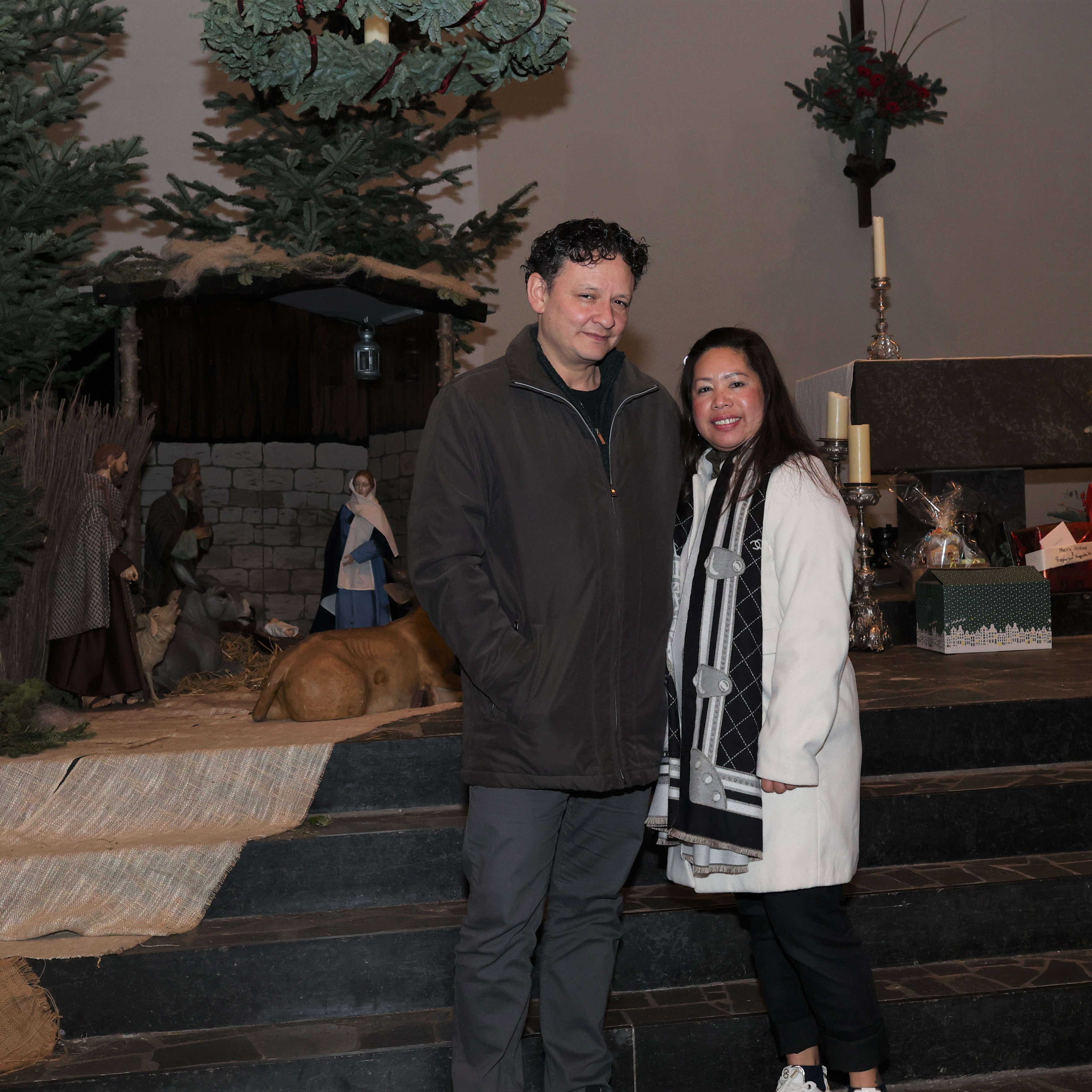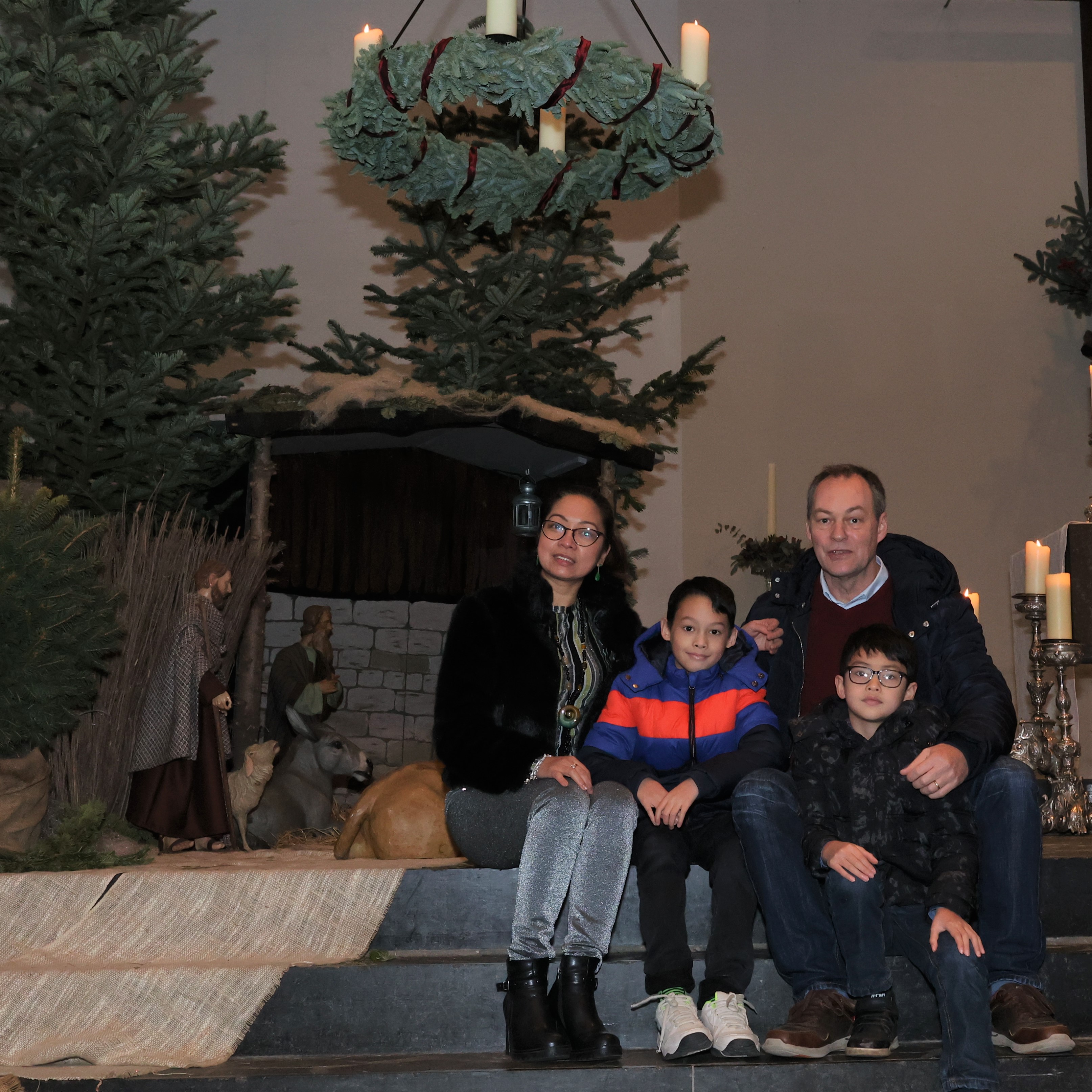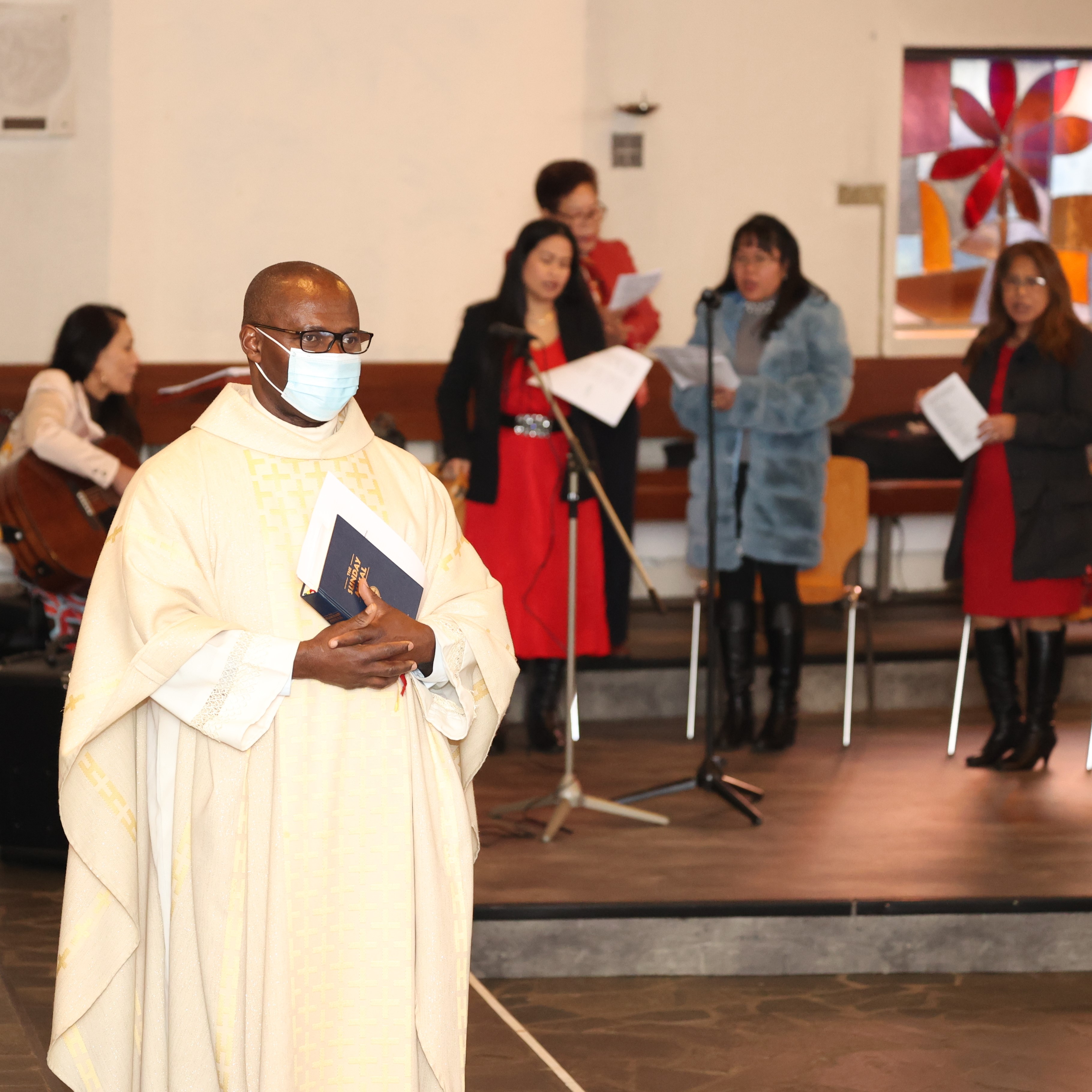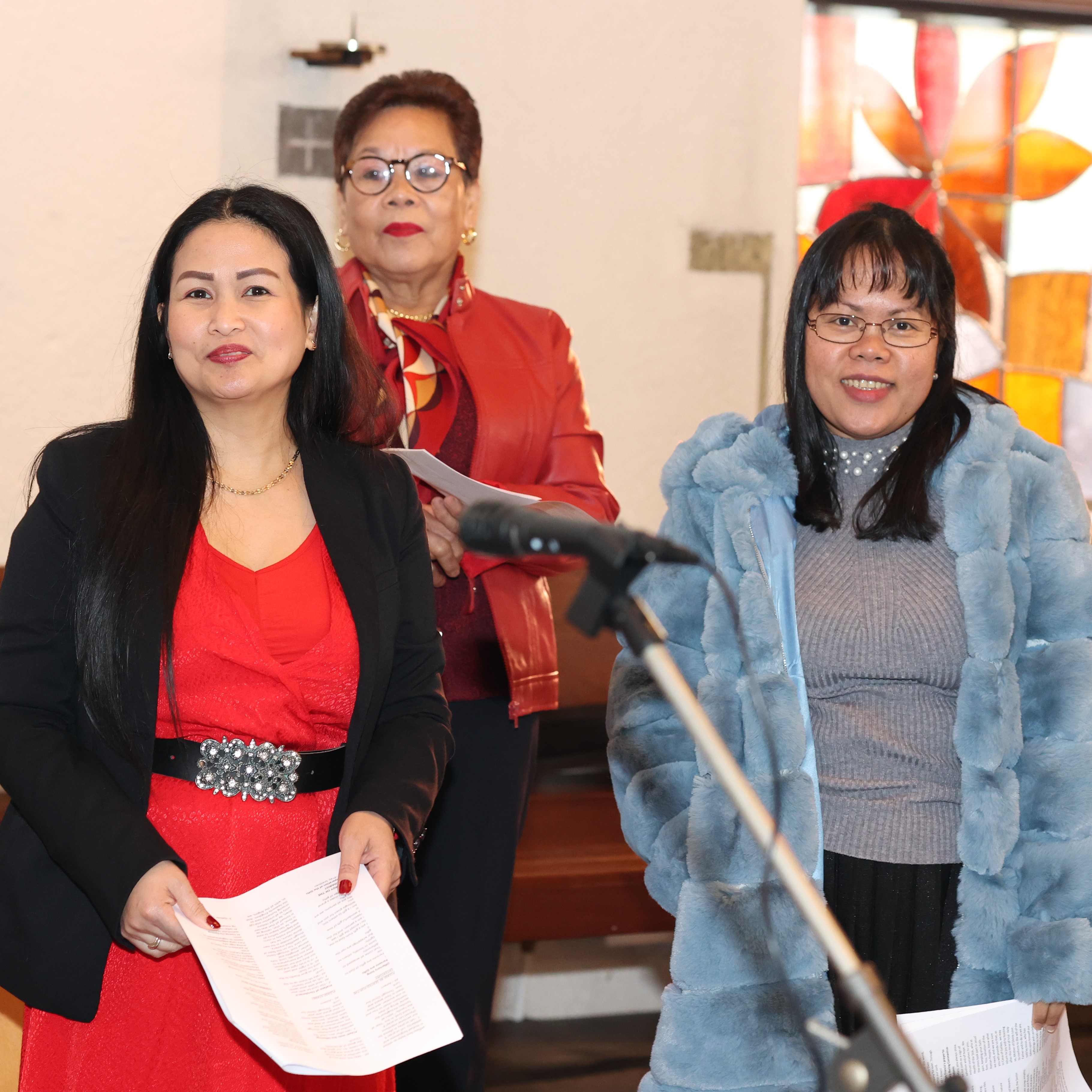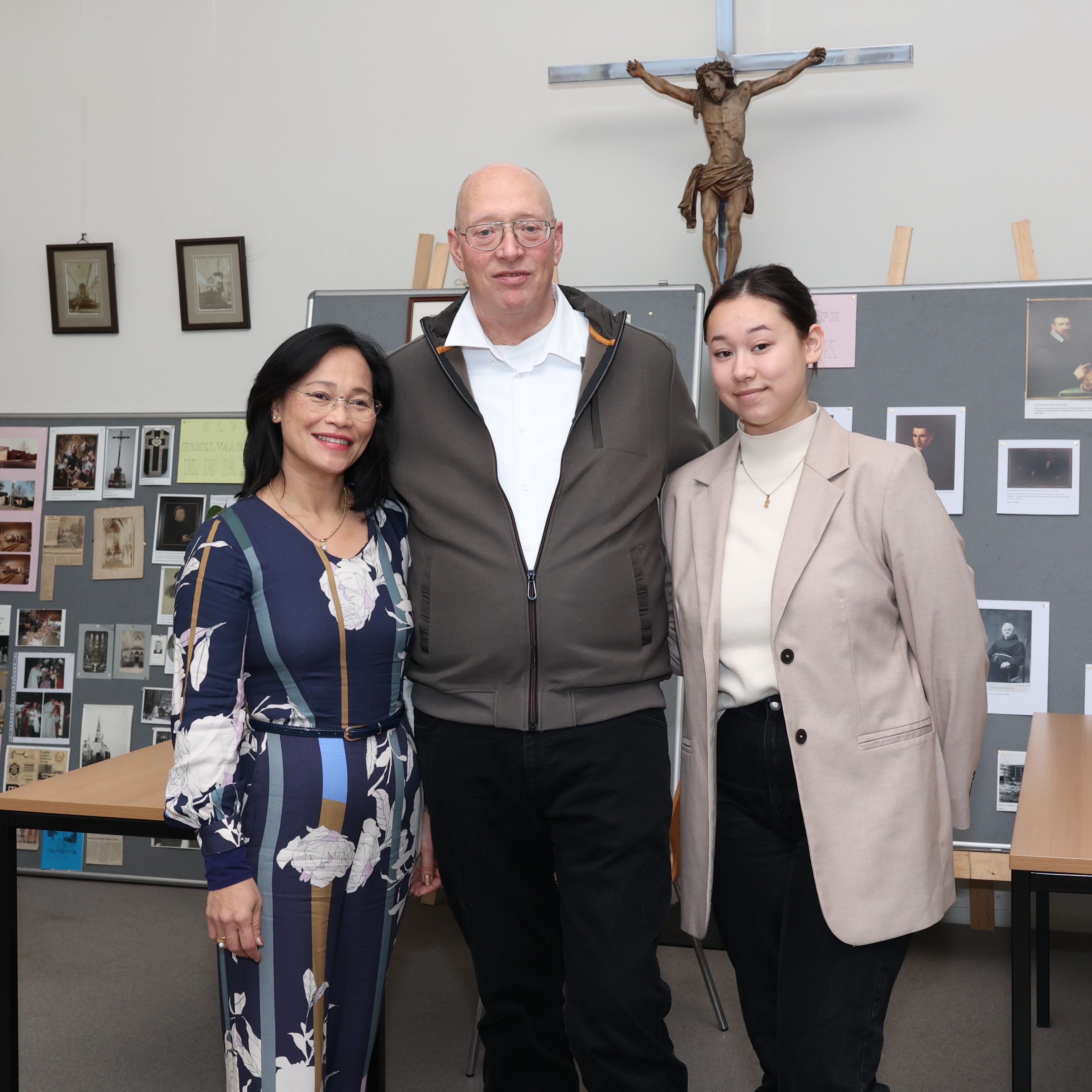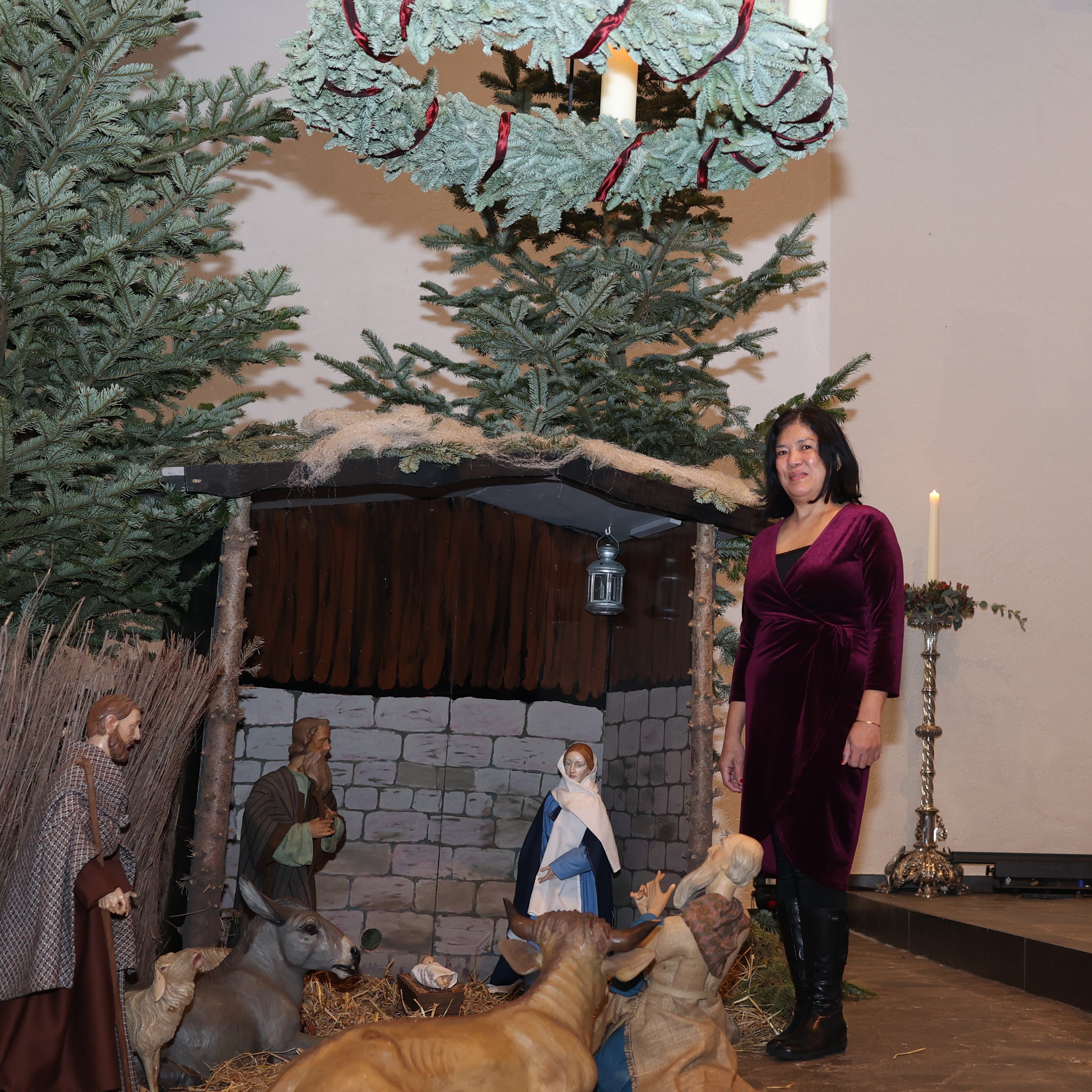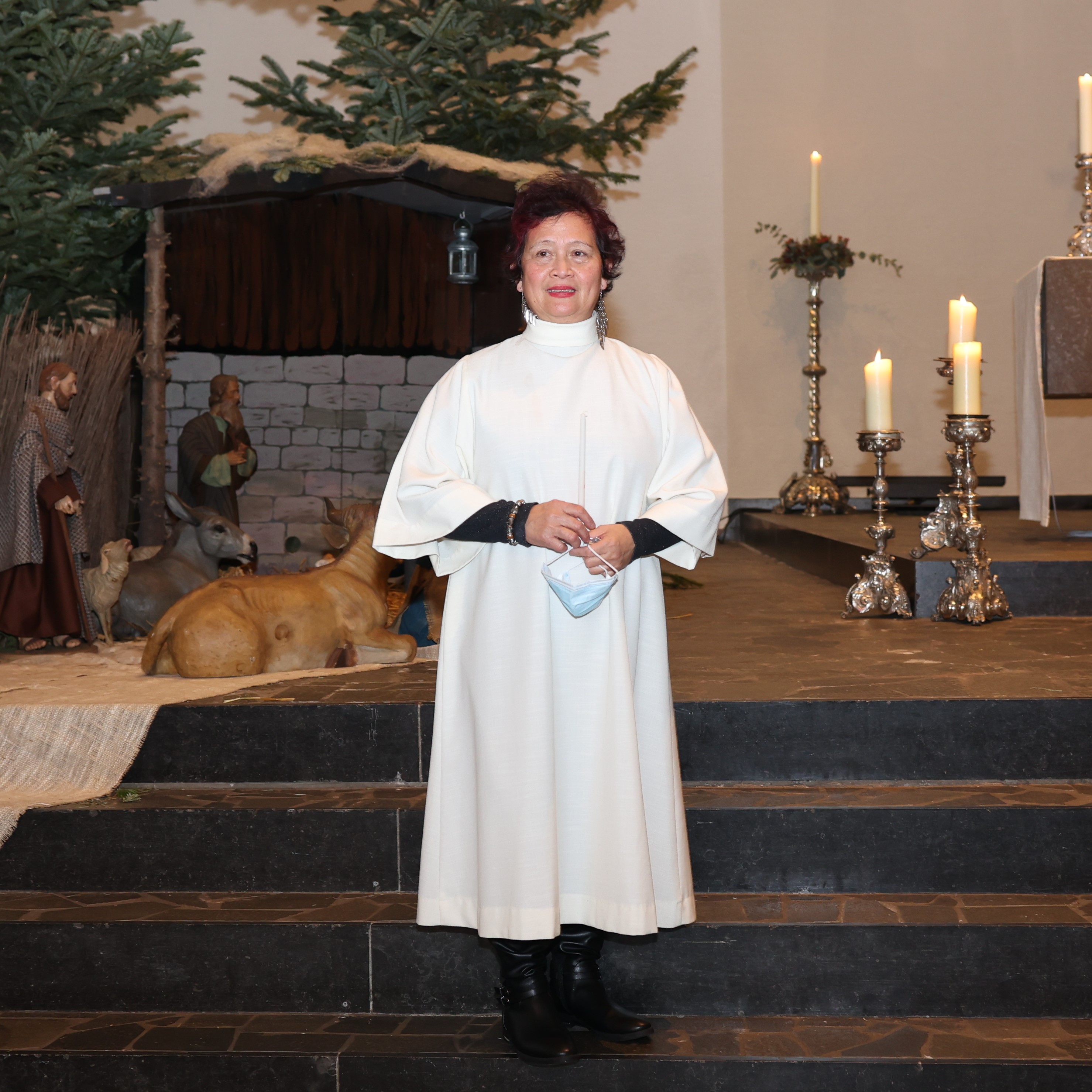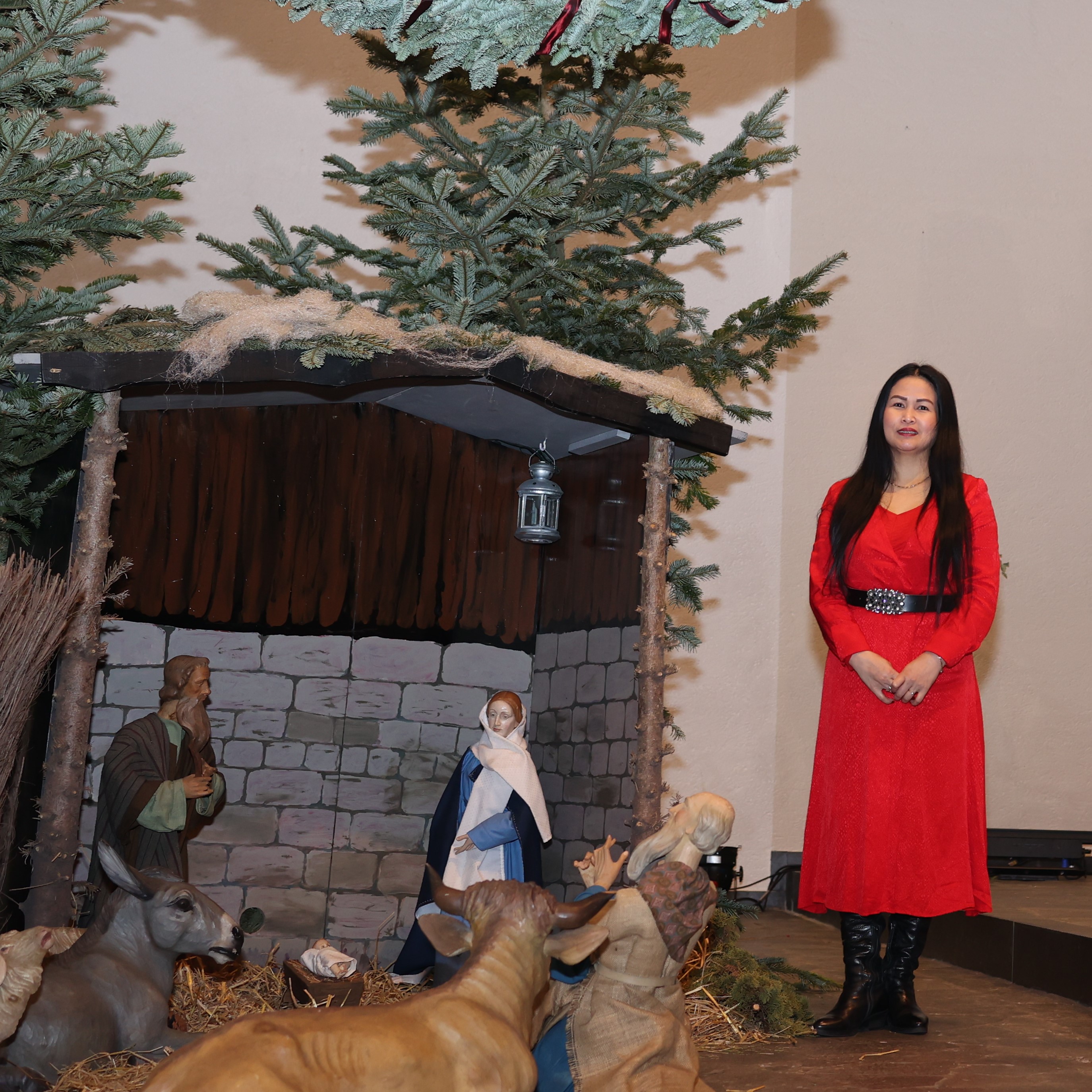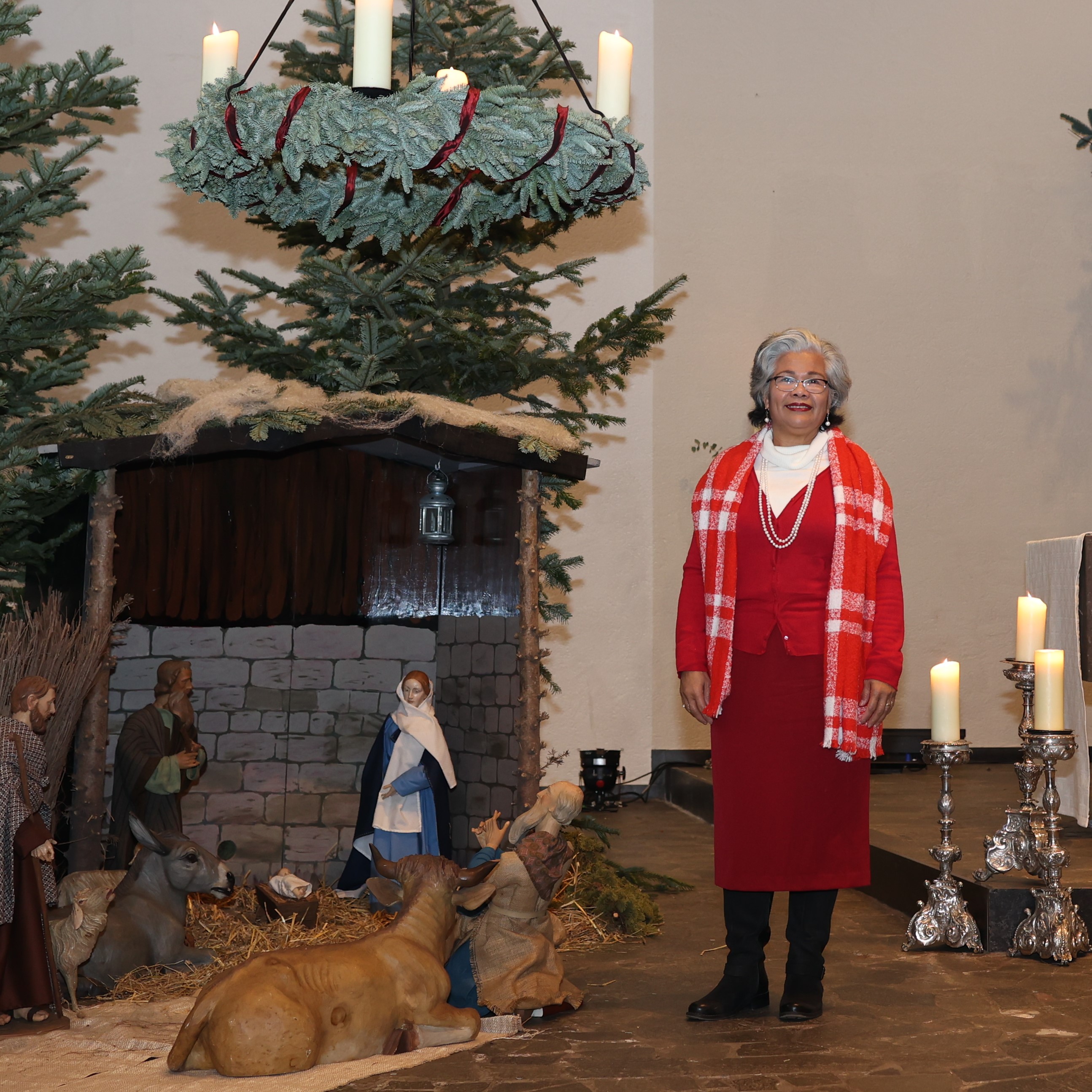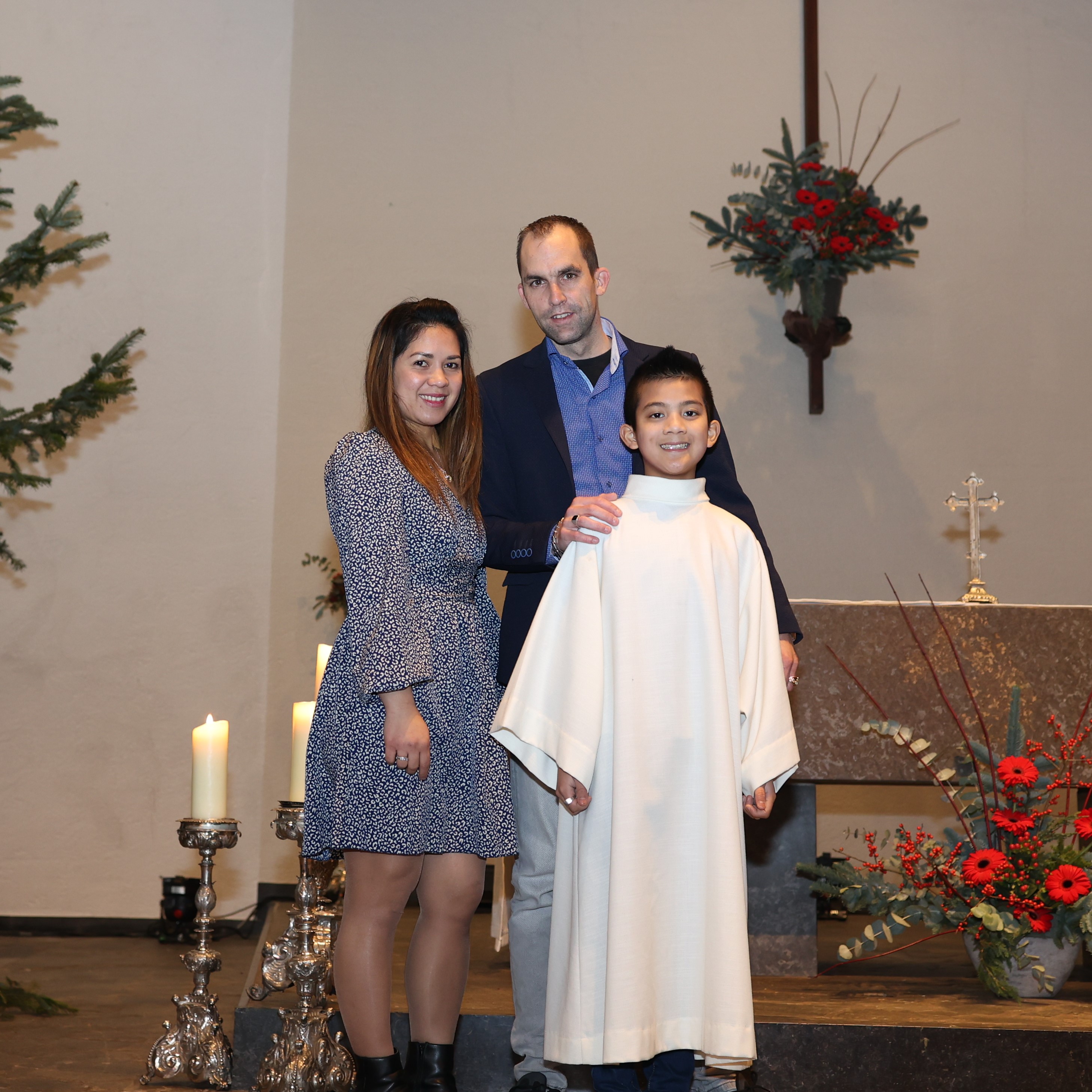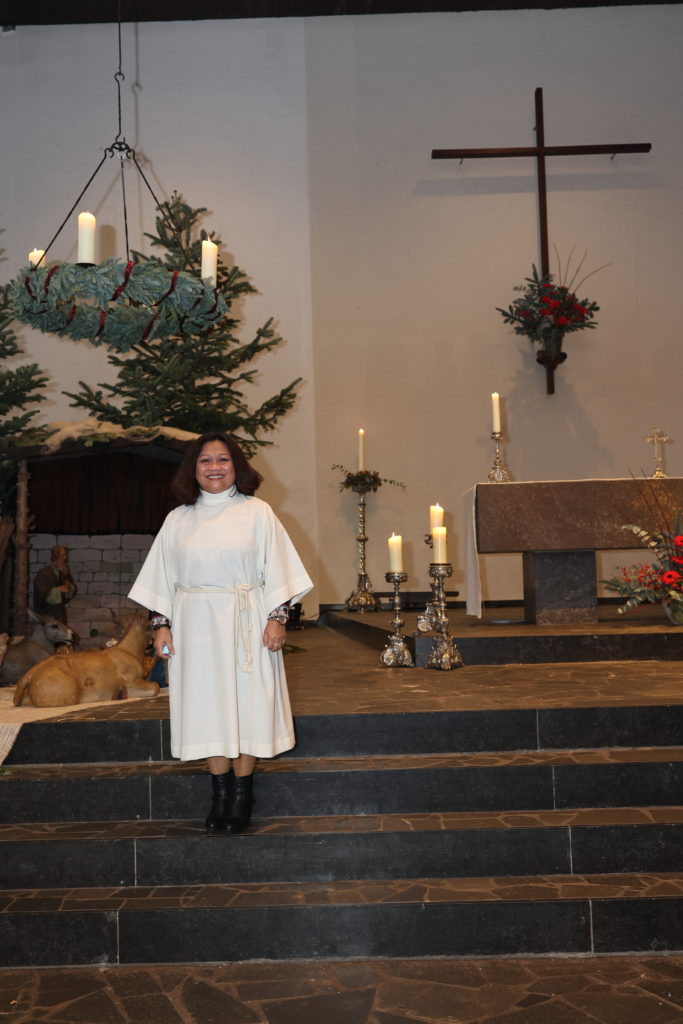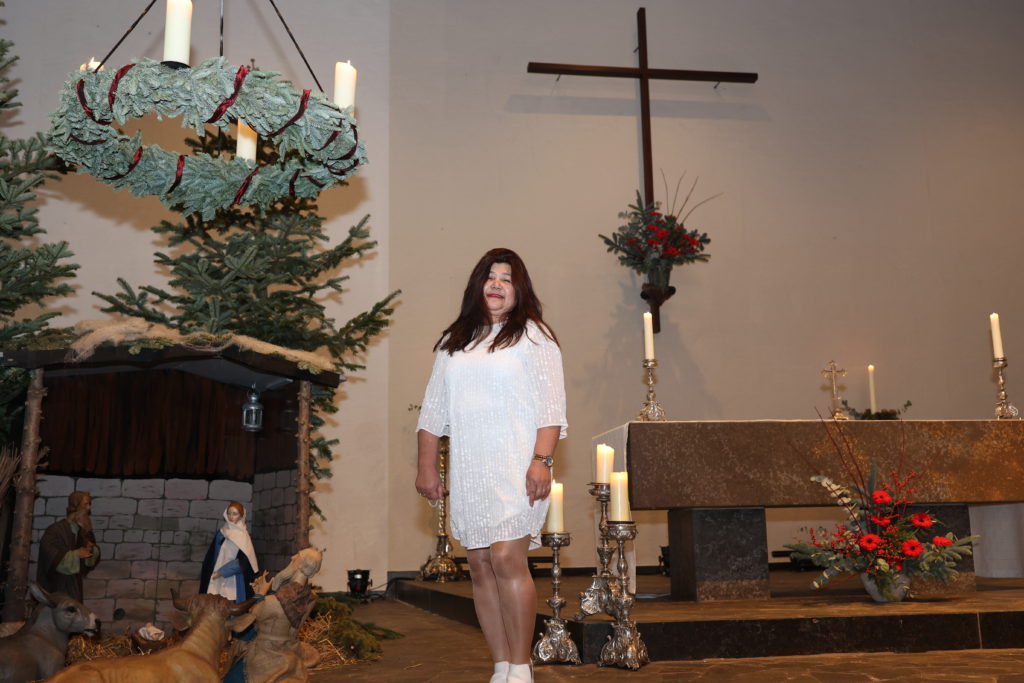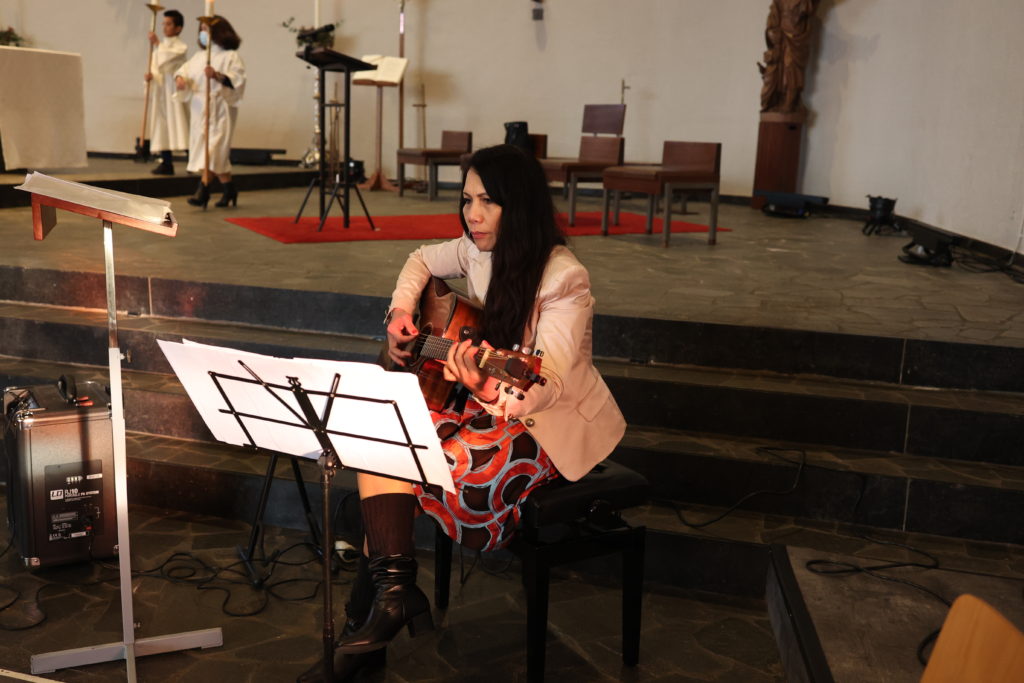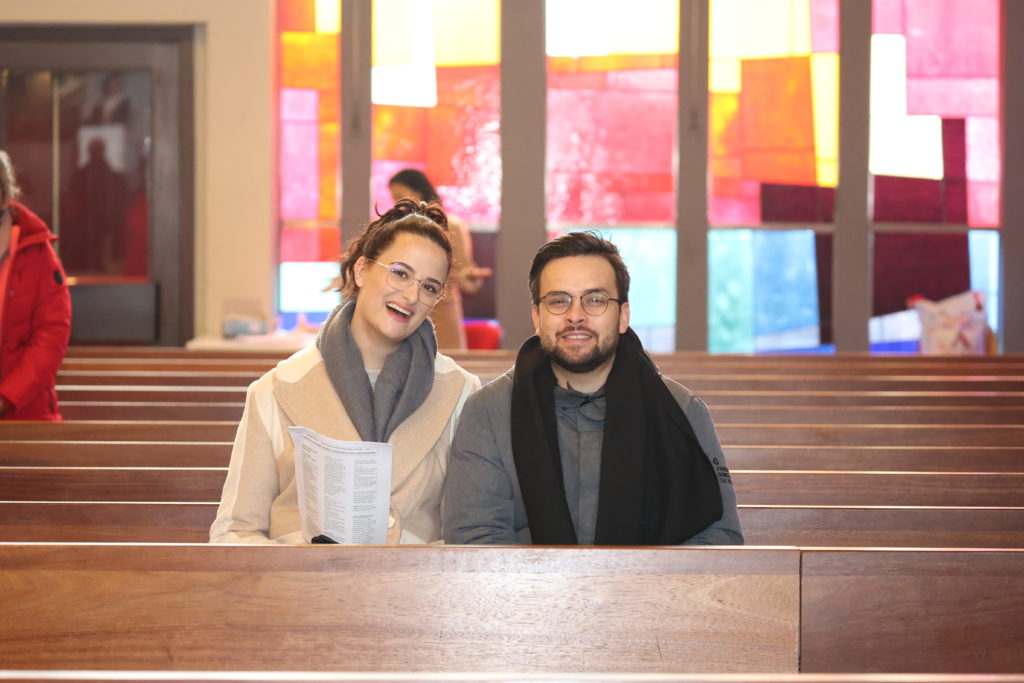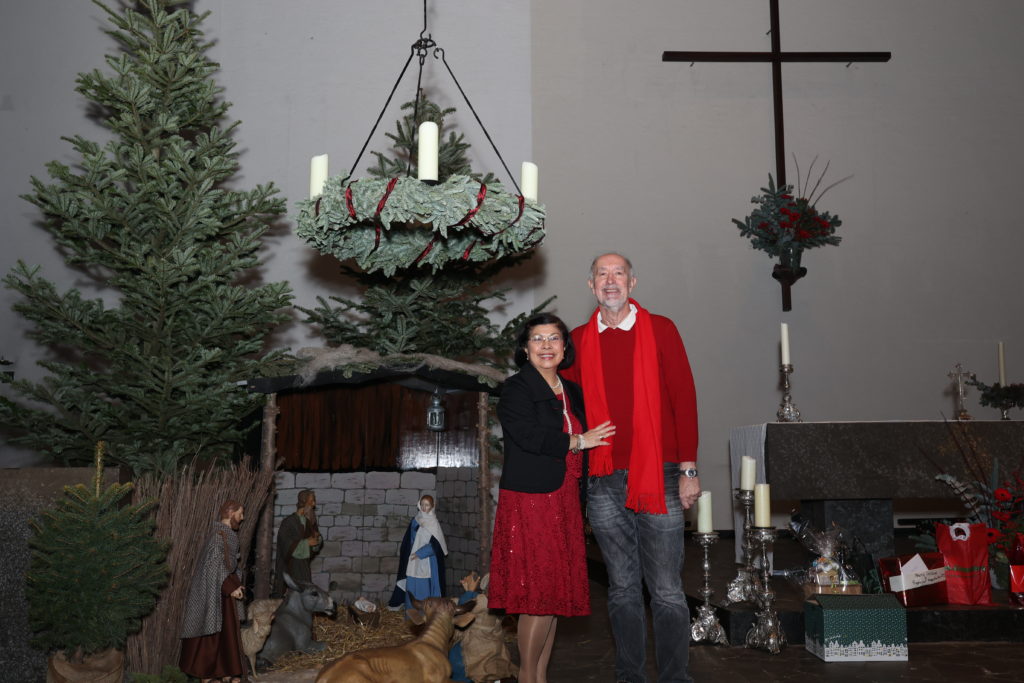By Fr. Marcel Uzoigwe, CSSp. | Sir 3:2-6.12-14; Psalm Ps 128; Col 3:12-21; Lk 2:22-40
Dear brothers and sisters in Christ,
Today we celebrate the Holy Family of Jesus, Mary, and Joseph. It is important to keep an eye on our own families and recognize that the Holy Family is supposed to be a kind of mirror to help us reflect on our own families and to take some kind of resolution on how we want our family to be, and what we would like to do to keep it going. It is important to remember that no family is perfect. When you take a look at the family of Jesus, Mary, and Joseph, you can see that when Jesus is in a family, something different happens to it because he helps us to be divine conscious, considerate of the other, as well as develop some virtues. Recall the events surrounding the conception of Jesus which made Joseph (a righteous man) plan to divorce Maria secretly so as to save her from public disgrace (cf. Matthew 1:19). If Joseph had come forward to disown Mary’s pregnancy, it would have had grave consequences for her. So, looking at the Holy Family, we can see that there are certain virtues that saved them in times of crisis. We will see those virtues as we move on in our reflection on the Holy Family.
In the Gospel, we read about Jesus who stayed back in the temple after his parents took him to Jerusalem for the annual feast of the Passover. First and foremost, this is a family that centers God in their life; a family that seeks to fulfill the demands of the Jewish religion. Therefore, they went to the Passover feast every year. When Jesus became 12 years old, they took him along. When leaving after the feast, the parents thought he was among their kinsfolk and acquaintances with whom they went to Jerusalem. But when they could not find him after a day’s journey, they returned to Jerusalem only to find Jesus sitting among the teachers, listening to them and asking them questions. When the parents approached him, he questioned why they were looking for him. Don’t they know that he should be in his father’s house? This episode brings out the divine nature of Jesus. Even at such a tender age as 12 years, he was so wise as to question the learned men of Israel, already knew his mission, and was filled with zeal to embrace it. But more importantly, it brings out the beautiful lesson that God lived in a human family thereby completing the story of the Incarnation.
When God took our nature, he took it completely, except sin. He was tender, weak, vulnerable, and even threatened by Herod such that they had to run to Egypt. He needed the protection of a family, he needed the protection of a father and mother. Jesus, therefore, knows the experience we undergo as humans. He has felt our pains, dependence, hardships, worries, and all that troubles us. More importantly, although he was divine, he recognized the authority of his parents over him. The bible reads, “he went down to Nazareth with them and was obedient to them” (Luke 2:51a). The dynamics that characterize the relationship between Jesus and his parents are shown to be such that allows children to develop their given vocation in the context of gentle and understanding guidance from their parents. Though Jesus’ parents were astonished by his action, they were patient and understanding for the mystery that they could not unravel about Jesus at that time. “But his mother treasured all these things in her heart”(Luke 2:51b).
Jesus’ obedience and Mary’s loving understanding run through their relationship as recorded in the Bible. Remember that when Jesus began his ministry at the age of thirty years old, the first miracle he performed at the marriage feast in Cana was at the request of his mother (John 2). He mentioned that his hour had not come, yet he went on to do it because his mother has asked for it. This obedience is what we see in the first reading. Ben Sirach describes what obedience to God implies in the context of the relationship between parents and children. He emphasized how important it is, from the divine perspective, that children learn to obey, care for, and respect their parents. He reiterates that God honors children in respect to their parents, and considers the obligation to honor one’s parents to be an integral part of the life of faith.
Without honor to parents, one cannot claim to honor God because biblical ethics is grounded in honoring father and mother. Irrespective of the present situation of one’s parents (sick, old, deaf, whatever), or the present position a person occupies in society, the demand to love, care, and honor one’s parents remains paramount to any claim of loving and honoring God. Exodus 20:12 records honor to parents as the only commandment that has a promise attached to it, and Moses reiterated this very important command in one of his last speeches to the Israelites in Deuteronomy 5:16. It reads, “Honor your father and your mother, as the LORD your God has commanded you, so that you may live long and that it may go well with you in the land the LORD your God is giving you.”
It is important to always remember our origin. We all come from families and, without our parents who cared for us when we were helpless and brought us up, we could not be who we are today. Jesus recognized this. Hanging there on the cross and seeing that he was about to die, he turned and saw his mother. John 19: 25-26 read, “When Jesus, therefore, saw His mother, and the disciple whom He loved standing by, He said to His mother, ‘Woman, behold your son!’ Then He said to the disciple, ‘Behold your mother!’ And from that hour that disciple took her to his own home.” Love and care for parents bring inner joy and a sense of fulfillment because by doing so one is fulfilling a very important task and commandment.
Taking a look at our own families, Paul gives us the virtues that will enable us to improve our relationship with each other. He noted that cordial relationship is enhanced by heartfelt compassion, kindness, humility, gentleness, and patience, bearing with one another and forgiving one another (cf. Colossians 3:12-13). There is no relationship that can survive without tolerance, humility, and forgiveness. We are humans. We err. Therefore we need to forgive each other. A relationship is like a rose. In it, there is the beautiful flower, but also the thorn. Both make the rose. To keep a loving relationship in the family, we need the above-mentioned elements because no matter how close we are to each other in a family, there is always a little part that remains a mystery. Just as Mary did not fully understand the words of Jesus when they met him at the temple, there could be something that is going on in our family or with a family member that we do not really understand the reasons behind it at the moment. Sometimes, it could be an effect of something that happened in the past that the person is processing in the present. Therefore, we need patience, tolerance, and compassion so that we can gradually understand what is going on in the other person.
As FCC Gouda or as a parish, we are a wider family of the children of God. In this wider family, there is a wide diversity of persons and characters. But what is fundamental is that we belong to the family of Jesus who is born to us. He is the head and we are the members. Since we are different in characters, temperaments, and sensitivity, we need patience, tolerance, humility, kindness, forgiveness, compassion, and love to keep this family of us going. In most families, there are those we regard as “black sheep” because we disapprove of some of the things they do. But it is important that to always remember such persons contribute something unique without which the family is not complete. Besides, we could be the ones mistaken in our judgment. So we need to love and appreciate every person, whether in our nuclear families or the wider FCC family.
While we pray for our families, let us also look inwards and ask ourselves what we could bring into our family that may be lacking in making it such as we truly desire of it.
A GLIMPSE OF THE CHRISTMAS CELEBRATION…
